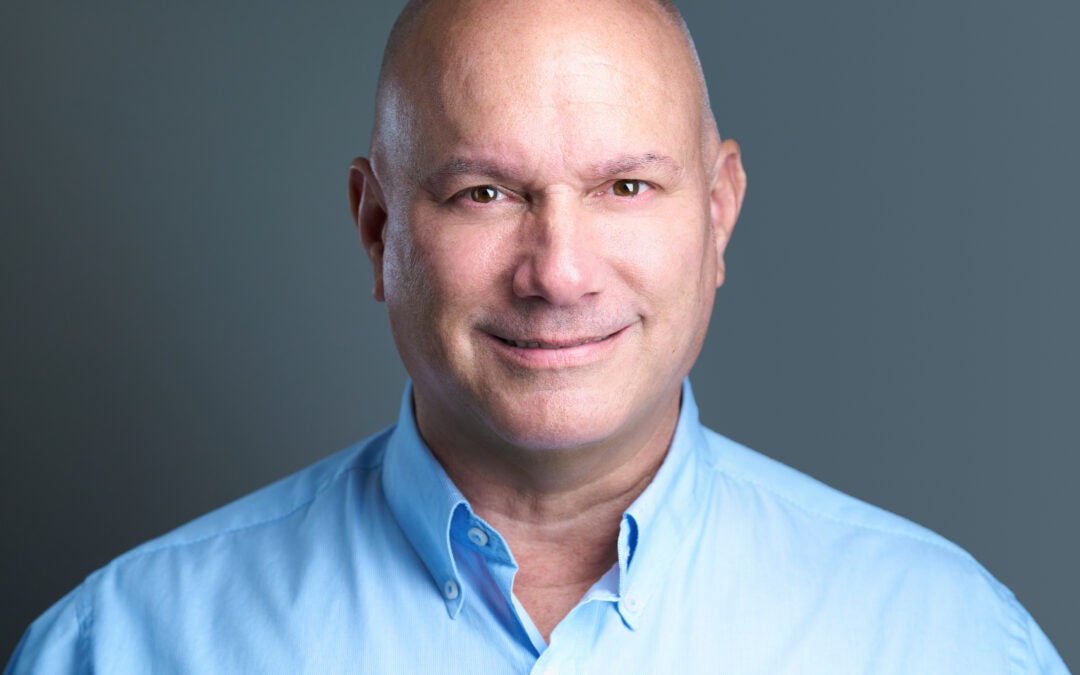While the death penalty remains legal in 27 states, fewer and fewer executions are occurring across the nation and in Georgia as well, and the reason for that is not exactly what you might expect.
One of the main reasons is the claim that lethal injection is cruel and unusual punishment, but that is a myth.
I know. I have attended two executions.
Another reason is the lack of availability of the necessary drugs due to so many American pharmaceutical companies moving overseas where different laws and perspectives prevail. Let me give you some background first.
According to the Pew Research institute, a majority of Americans approve of the death penalty; however, the folks in the minority have some very valid reasons to disapprove of the practice. Some people protest on religious grounds, and others believe it is immoral since juries can make a mistake and condemn an innocent person.
My reason for attending those executions was as a journalist to document that the execution took place, that the condemned were afforded the dignity of a peaceful death and that their remaining Constitutional rights were not violated in the process of the state administering the capital punishment.
This column is not meant to sway the reader one way or another on whether the death penalty is immoral. I can only attest to what I witnessed in the execution chamber on those two occasions. I will add that, for me personally, if I were wrongly convicted and had my appeals exhausted, I would not want to languish in prison for the rest of my life.
According to the Newnan Times Herald, around 40 people are sitting on Georgia’s death row, and the state has not executed anyone since 2020. While some of those cases still have pending appeals, the big reason for the slowdown across the nation is a scarcity of the drugs needed to perform lethal injection.
Many years ago, American drug manufacturing followed other forms of manufacturing and moved operations overseas. According to the journal Pharmaceutical Technology, many drug companies merged with European companies, making them subject to European Union laws that ban the sale of the lethal drugs to the United States.
Other Big Pharma companies, such as Pfizer simply made the decision on their own not to sell the drugs, leading Supreme Court Justice Samuel Alito to claim a “guerilla war” was being waged against the death penalty.
Since the drugs have a finite shelf life and can’t be used after a certain amount of time, states are running low on the drugs, and this has had an unintended consequence for those who feel lethal injection is cruel and unusual punishment.
South Carolina has joined three other states in bringing back the firing squad.
The first execution I witnessed was that of David Mark Hill, who was sentenced to death for killing three caseworkers at the North Augusta office of the Aiken County Department of Social Services in September of 1996.
Hill had lost custody of his special needs child and said he “just snapped” and entered the building firing randomly.
I felt a twinge of sympathy for Hill as he was wheeled on a gurney into the chamber. Hill had come to understand the gravity of what he had done, declined to appeal his sentence further and expressed contrition for his crimes.
Before the execution, Hill’s attorney read a short statement, and I clearly remember the attorney’s final sentence of the statement: “For those of you who have been unable or unwilling to forgive me, I pray that today will provide you with the peace you deserve.”
Hill then closed his eyes and waited for the inevitable.
The second execution followed the same in the structure. We arrived at the prison at 6 p.m. and were checked in. Members of the media are only allowed to bring a book to read while waiting and their driver’s license. Keys, cellphones and even notepads and pens were not allowed; although, the guards did allow me to bring in a sealed packet of microwave popcorn.
Yes, I did bring popcorn to an execution, but it was not because I was planning to be entertained. It was going to be a long six-hour wait before the execution in the case the governor granted last minute clemency and the chili that the prison serves smells like roadkill.
In the media room, which was just a small prison breakroom, we all tried not to watch the clock, as we waited for either the execution to move forward or for the governor to call the entire thing off.
Clemency was not granted to Luke Williams.
Hill might have been an otherwise law-abiding man who snapped and committed a monstrous act, but Williams was a true monster through-and-through.
In June of 1991, Williams, who lived in Evans, beat and strangled to death his wife and their adopted 12-year-old son, then drove the bodies out to a remote location in South Carolina and set the vehicle on fire.
After conviction, Williams staved off the execution for years with endless appeals even though the evidence clearly, without the shadow of any doubt, showed Williams had secretly purchased life insurance policies on his victims in the weeks prior to the murders. Williams’ attempts to make the crime look like a tragic accident ended up backfiring and proving his guilt.
Williams left his calling card all over the murder scene, and he never would own up to the crimes that only he could have committed.
While Hill closed his eyes and awaited his fate, Williams declined to give a statement and gave the people sitting in the gallery a cold stare that turned into a slight grin.
I felt like I was looking into the eyes of pure evil.
What both executions had in common was the manner in which death occurred. After the warden gave the call and the drugs were administered, the condemned seemed to take a deep breath, exhale and it was over.
There was no convulsing, gasping for breath or bulging of the eyes. It was like watching the condemned fall asleep.
George Carlin once quipped in his routine that the government could erase the national debt by putting executions on pay-per-view television. I can tell you that such a show would never bring in ratings.
Watching someone die by lethal injection is very anti-climactic.
So, Pfizer and the European Union think that lethal injection is so barbaric that they will allow states to go back to using the electric chair or a firing squad instead of providing the needed drugs that peacefully and swiftly end life.
There have been cases of prolonged death by lethal injection, but according to Pharmaceutical Technology, those cases are extremely rare.
Three drugs are used: the first is a sedative, that drug is followed by a chemical that paralyzes the muscles and the final drug administered stops the heart. The drugs have to be timed correctly, otherwise the condemned may convulse as the heart stops if the paralyzing agent has not taken full effect.
Whether one believes in the death penalty or not, I believe everyone can agree that America needs to provide the incentives to get our drug manufacturing back stateside. Whether it is China taking over the vaccine market or Europe withholding needed drugs based on some moral stand, the trend of American manufacturing being farmed out has only negative consequences, in my opinion.
We cannot allow corporations and foreign governments to dictate America’s laws and public policy.
Scott Hudson is the Senior Investigative Reporter and Editorial Page Editor for The Augusta Press. Reach him at scott@theaugustapress.com














